عملنا
Founded in 2014, GIJTR has worked with partners in 46 countries, fostered over 150 grassroots projects and engaged more than 500 local civil society organizations in building capacities and laying the groundwork for community-wide participation in transitional justice processes. See below for highlights of selected projects.
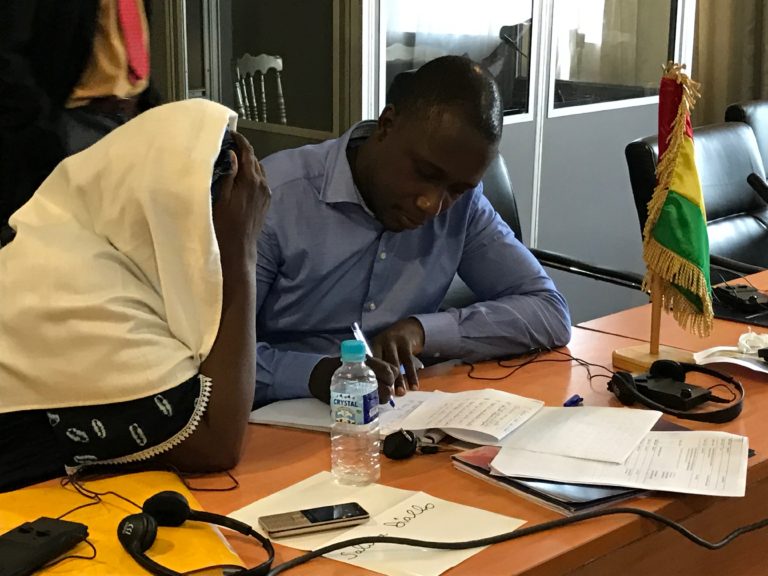
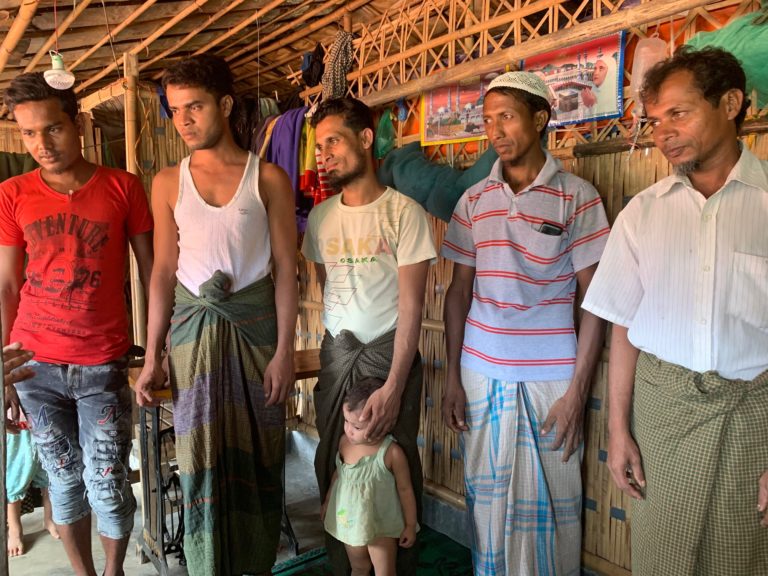
Documenting the Rohingya Crisis
The GIJTR is working with the Rohingya community in refugee camps in Bangladesh to build the capacity of local activists to document and archive evidence and other information about human rights violations committed in Rakhine State, Myanmar to support Rohingya and Bangladeshi civil society in transitional justice processes, preserve records for use in future transitional justice mechanisms, and dignify survivors through memorialization projects and other memory initiatives.
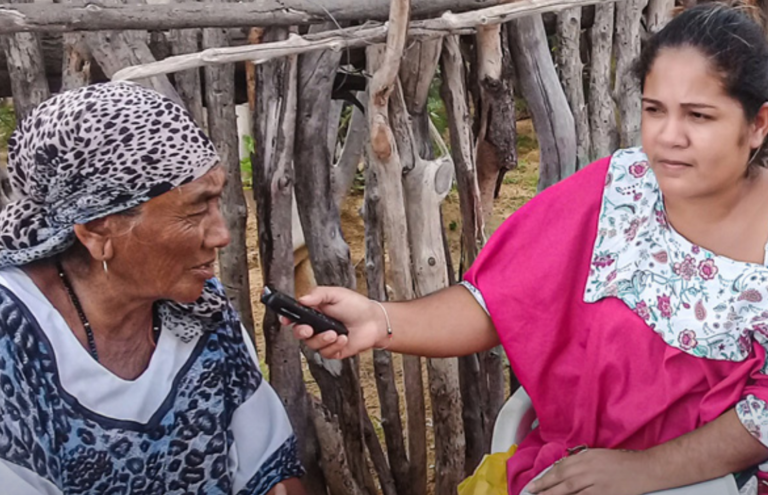
Truth-Telling in Colombia
The conflict in Colombia killed over 200,000 people between 1958-2013. To help those affected, and begin to bridge historic divides, the Global Initiative for Justice, Truth and Reconciliation is advising the Colombian Truth Commission on the best tools for collecting, documenting and sharing the stories of the conflict’s survivors – an integral step to ensuring lasting peace in the country.
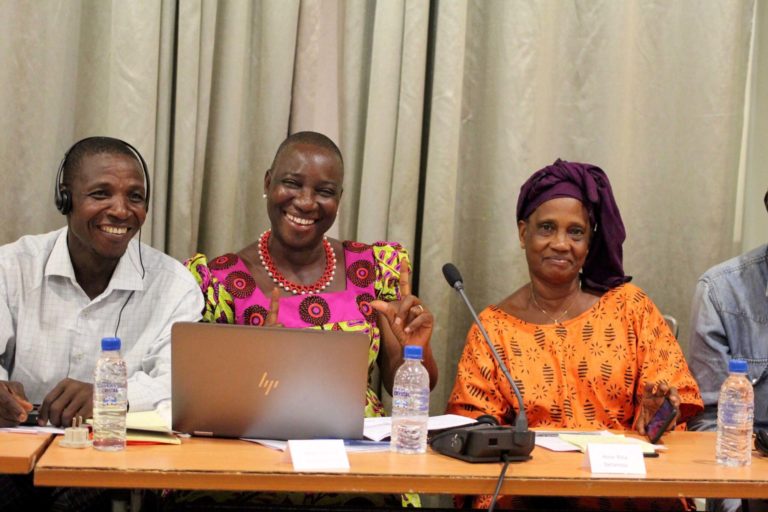
Galvanizing Guinea's Quest for Truth
GIJTR’s programming in Guinea aims to build the capacity of CSOs and victims to engage in issues of truth, justice and reconciliation in an informed and sustained manner. Through GIJTR’s technical and financial support, local partners have been able to build their organizational capacities, develop trusting relationships, and overall maximize their impact.
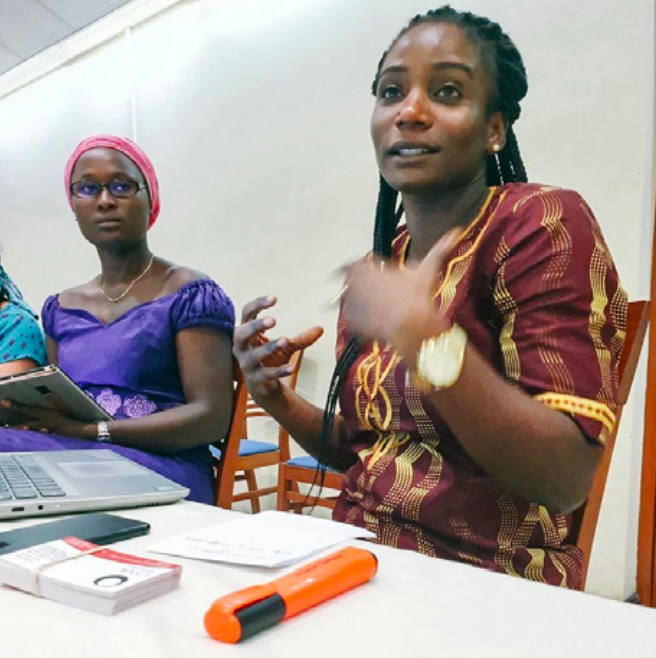
A Gambia for All
Almost all Gambians are victims of the Jammeh authoritarian regime (1996-2017), with the pervasiveness of torture and detention causing far-reaching trauma. To ensure victims’ voices are at the forefront of the country's transitional justice process, GIJTR is building the capacity of local CSOs to ensure that there is a well-trained, coordinated cohort of civil society actors who are able to engage at both the state and community level to ensure that victims’ and local communities’ needs are addressed and that their voices are included in all steps of the peace processes.
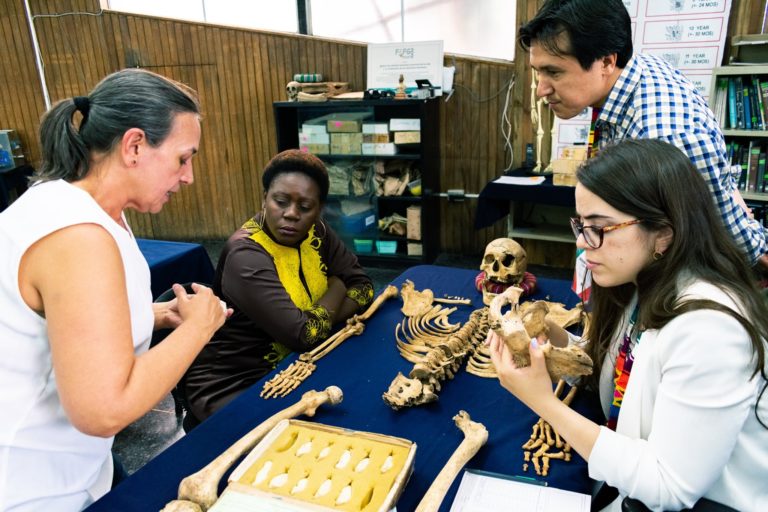
The Forensic Academy
The aim of the Forensic Academy is to bring together GIJTR partners and international participants working in diverse conflict and post-conflict settings to promote an exchange of experiences with a range of stakeholders, including technical forensics experts, victim's family members, prosecutors, and legal and psychosocial support. GIJTR partners are undertaking a series of activities that aim to empower a group of activists, academics and practitioners to design and implement holistic forensic investigations and support programs for families of the disappeared in their countries, based on their understanding of their local context.
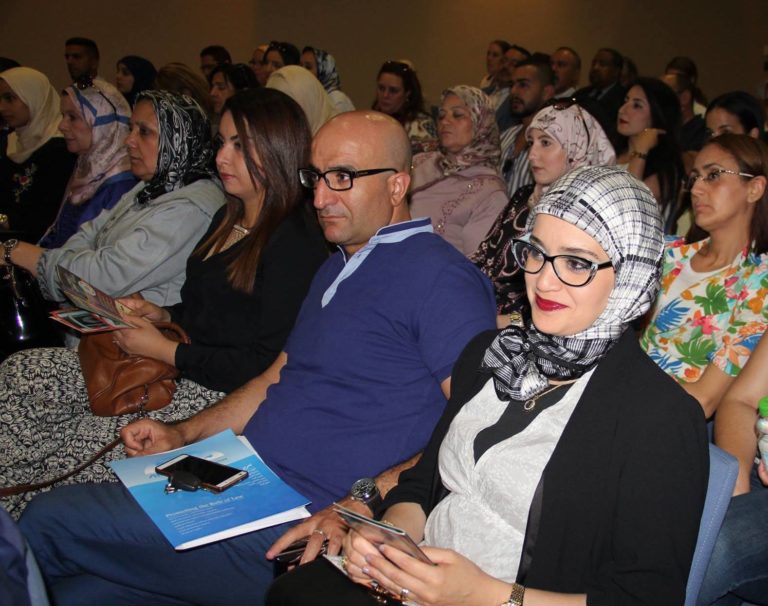
MENA Transitional Justice Academy
The MENA Transitional Justice Academy embodies a holistic and interdisciplinary approach, building the capacity of a core group of local experts equipped to serve as a resource for other practitioners and as individual experts to support regional transitional justice activities. The Academy provides trainings and sub-grants to a new cohort of activists, academics, practitioners and non-traditional actors to increase their knowledge base of transitional justice tools, as well as facilitate implementation of community transitional justice through truth, justice and reconciliation projects.
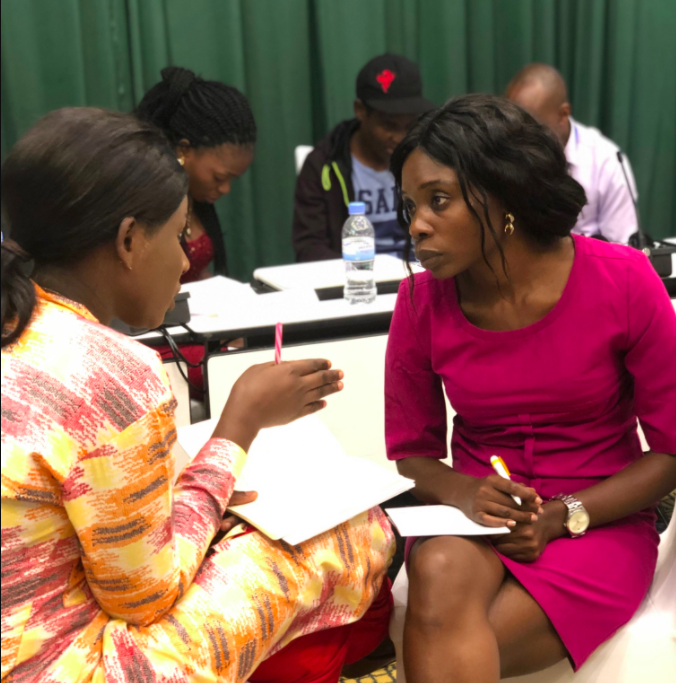
African Youth Transitional Justice Academy
Building on existing youth activism movements in Africa around truth, justice and reconciliation issues, this project developed and strengthened the next generation of transitional justice activists and civil society leaders. The participating youth increased their knowledge of broad transitional justice mechanisms and the role of youth in transitional justice processes, as well as honed their understanding of how their existing skills may be utilized to support truth, justice and reconciliation.
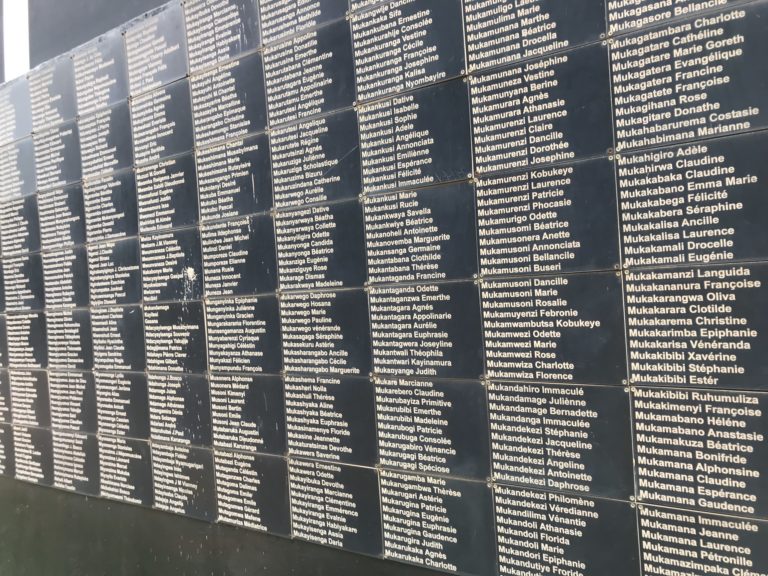
Civil Society Documentation for Accountability
This program will facilitate a conversation directly between civil society documenters and international criminal law actors. By exchanging lessons learned, as well as challenges in practice, this dialogue will generate deeper understanding on the part of key international criminal law actors as to the strategic utility of human rights documentation for accountability. Likewise, civil society documentors will leave with a deeper understanding on how their future work can be more relevant to international law.
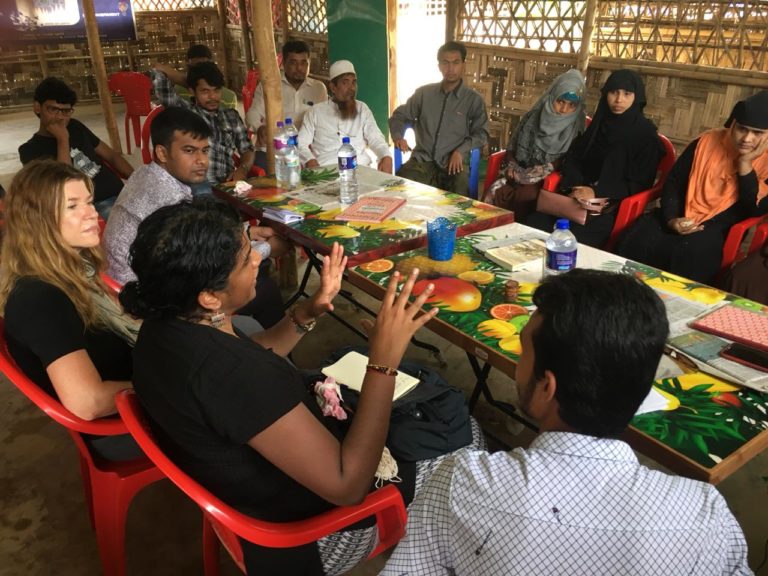
Understanding and Addressing ESCR in Transitional Justice
The GIJTR's research project, Understanding and Addressing Economic, Social and Cultural Rights (ESCR) in Transitional Justice, led to a first-of-its-kind assessment tool to support advocacy campaigns by communities and provides compelling evidence of the need to include ESCR violations in transitional justice processes.
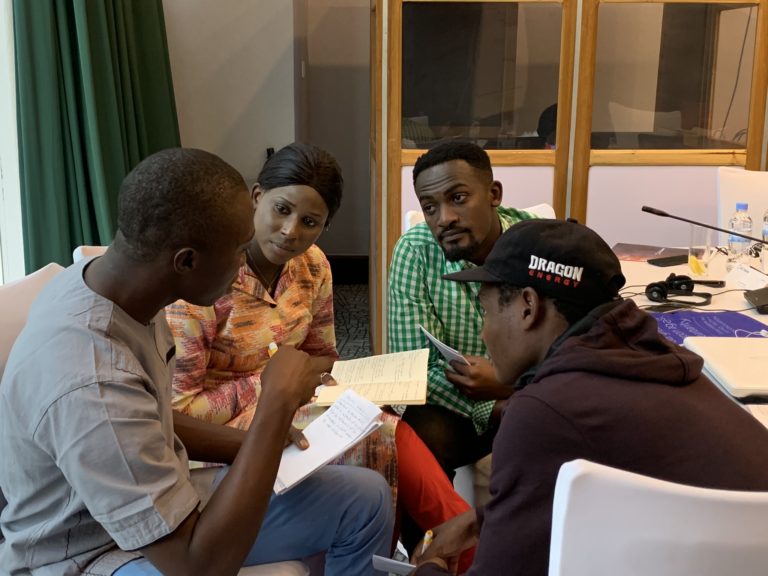
GIJTR Publications
The Global Initiative for Justice, Truth and Reconciliation regularly produces publications that share lessons learned from its work around the globe. Written specifically for practitioners, academics and activists, these manuals offer concrete strategies and tools to assist survivors of recent conflicts to heal from the traumas they have endured and help their communities break cycles of violence.
